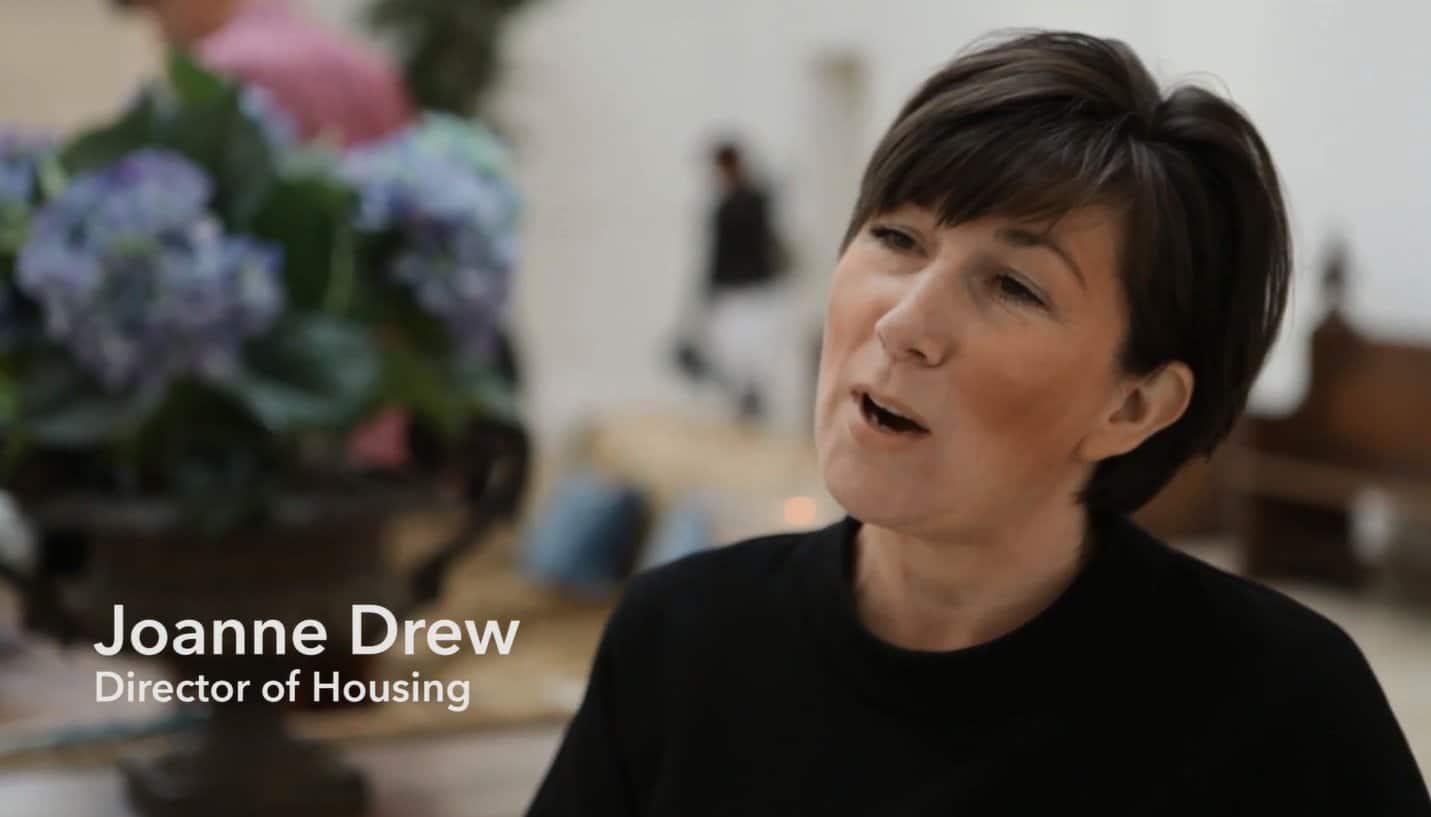
Housing Director, Joanne Drew, speaks at Reform conference
At the Reform conference on 30 March 2017, Nacro’s Housing Director gave the following speech on housing solutions for people released from prison.
“At Nacro we house and support a wide range of vulnerable people across the country. This includes working with people released from prison, including in partnership with CRCs, to make housing and support available. This is all short-term housing and one of our biggest challenges – like others working in criminal justice – is securing long-term housing for our service users.
Housing has become the biggest social justice issue the country is facing – recognised by Sajid David, the Secretary of State for Communities, earlier this month. The Government Housing white paper, also published this year, is aptly titled ‘Fixing our broken housing market’. Housing is largely controlled by those that consider it a financial asset rather than a home.
The impact is clear for all to see. Homelessness is spreading across all areas of the country – it’s not just an issue in London and the South or in core cities. Councils spend £2m a day to house vulnerable people; managing the costs of temporary accommodation has become one of the biggest financial challenges faced by local authorities.
Housing associations, who play a major role, currently house less than 20% of tenants who have been homeless. The private rented sector is the destination for the remainder of vulnerable tenants. Rents are rising above household incomes with high deposits and reference requirements. Today the private rented sector meets the needs of many, including families and those that can not afford to buy their own home. It offers little protection against eviction or rent increases. Demand for housing is such that the competition is severe.
We know that prisoners released with no home go on to face multiple barriers to access housing:
- Single men are not deemed to be in priority need for council housing
- Offending can be seen as a reason to class someone as unsuitable to be a social housing tenant
- Private landlords will often not accepting ex-offenders or those on benefits
Even the best resettlement system and advice officer – which we know we are some way away from delivering – will struggle to overcome these systemic problems. And we know that a stable home is the base for a life away from crime. Right now providers involved in Transforming Rehabilitation are being challenged to improve outcomes on housing and employment.
This is at a time when housing benefit is being capped and increasingly restricted, and when the funding of supported housing is under review, creating uncertainty for those that would otherwise be investing in schemes. The environment is tougher than ever.
So we have to take a different approach. I think there are two main ways in which we can make steps to change the prospects of prisoners with no fixed abode. The first is focusing on the supply of housing and the second is ensuring access to it.
Regarding supply our national output has slowed to a 24-year low. The solutions in the Housing white paper are unlikely to reach vulnerable and excluded people especially in the short-term.
For example, the government programme of selling off public land for housing has resulted in just 20% of the resulting housing being affordable. As little as 7% of those homes are likely to be social housing, which offenders then find difficult to access.
Therefore, in the short-term, the criminal justice sector must be prepared to use its assets, resources, financial capacity and partnerships to secure more housing that can be accessed by offenders.
What does this mean? For example, any release of MoJ land or disposal of prison estates should seek to lever in housing and employment opportunities for released offenders. Investment in housing with prioritised access to released prisoners is an investment in reducing reoffending rates and the national costs that go against this and should be a core part of the Transforming Rehabilitation agenda.
Secondly, we must influence players in the current housing system to reduce the barriers that offenders face in accessing housing. Offenders must be considered fairly for housing and we must identify when this is not happening and work for change.
Housing decision makers should be asked to consider the specific risks that they believe makes an offender unsuitable to be a tenant. We already have legislation to give offenders a fair chance at employment and at Nacro we work with the Ban the Box campaign, which advocates a risk-assessment based approach to employing people with criminal records.
We welcome the Homelessness Reduction Bill which is set to take on a wider prevention and relief duty. It will require a cultural change to move from a gate keeping system to one that seeks to prevent homelessness at an early stage. There are a number of Homelessness Trailblazer funds allocated to councils across the country and the criminal justice sector should actively participate in this work.
My overall message is that we – at all levels – have to be more active in creating additional housing solutions and ensuring fair access to the housing that exists, to play our part in creating a housing market that works for everyone and to reduce reoffending.”
